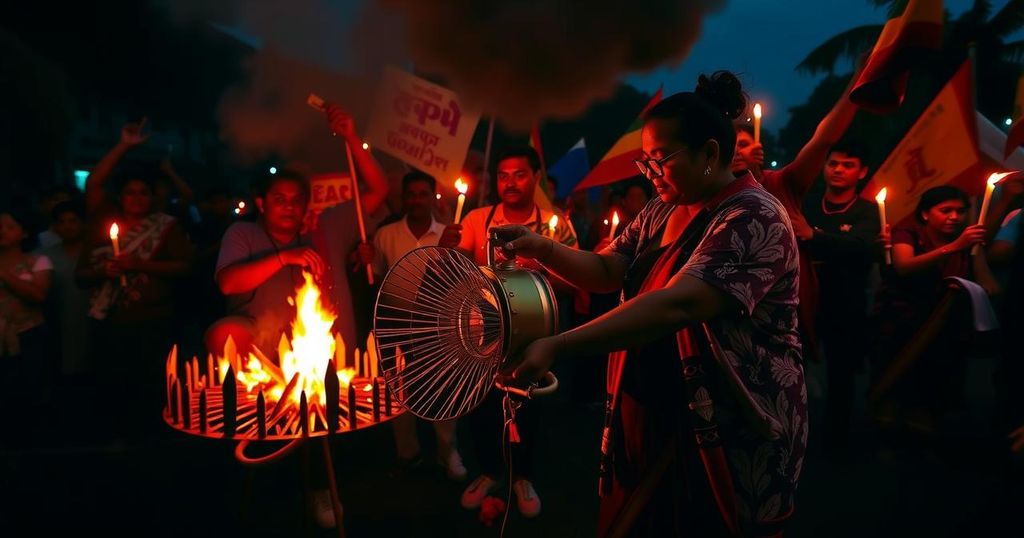Erik Solheim refers to the NPP’s electoral success as an “earthquake in Sri Lankan politics,” noting the party’s unexpected achievement and broad support in Tamil areas. He emphasizes the need for the NPP to address corruption and foster inclusivity in governance while urging President Dissanayake to prioritize equal rights for all ethnic groups and economic growth. This political shift could signify a new era for the country, provided it focuses on effective policy formulation.
In an insightful analysis, Erik Solheim, a former Norwegian diplomat, described the recent electoral victory of the National People’s Power (NPP) in Sri Lanka as akin to an “earthquake in Sri Lankan politics.” He anticipated success for the party led by Anura Kumara Dissanayake but noted that their decisive win surpassed his expectations. Solheim highlighted the substantial support from Tamil regions, signifying a demand for renewed ethnic relations. He commented on the challenges of eradicating corruption but acknowledged the NPP’s potential for long-term governance if it prioritizes inclusivity. While cautioning about the need for substantial economic reform and a new governance approach, Solheim emphasized the significance of this electoral shift, especially in a context previously dominated by traditional elites. This political transformation signals a crucial moment for Sri Lanka to address long-standing issues related to representation and governance. He advised Dissanayake to focus on economic inclusivity and equal rights for all ethnic groups for sustainable development and stability in the nation.
In recent developments in Sri Lankan politics, the National People’s Power (NPP), under the leadership of Anura Kumara Dissanayake, made significant strides in the elections held on November 14. The NPP’s unprecedented victory has drawn attention from various political analysts and former diplomats. Erik Solheim, recognized for his role in peace negotiations in Sri Lanka, provided an analysis of the electoral outcomes, noting particularly the party’s success in traditionally Tamil-dominated areas, which underscores a potential shift in political dynamics and ethnic relations in the country. This is set against a backdrop of widespread dissatisfaction with traditional political elites and ongoing issues related to corruption and economic distress following the country’s fiscal challenges in 2022.
Erik Solheim’s remarks on the NPP’s electoral success encapsulate a transformative moment in Sri Lankan politics. The implications of this victory extend beyond mere electoral outcomes; they represent a strong call for an evolution in ethnic relations and governance. The NPP’s focus now needs to be on effective governance, economic reform, and inclusivity to maintain the confidence of the electorate. If the new administration can navigate these challenges successfully, it may establish a foundation for lasting change in Sri Lanka.
Original Source: thefederal.com






